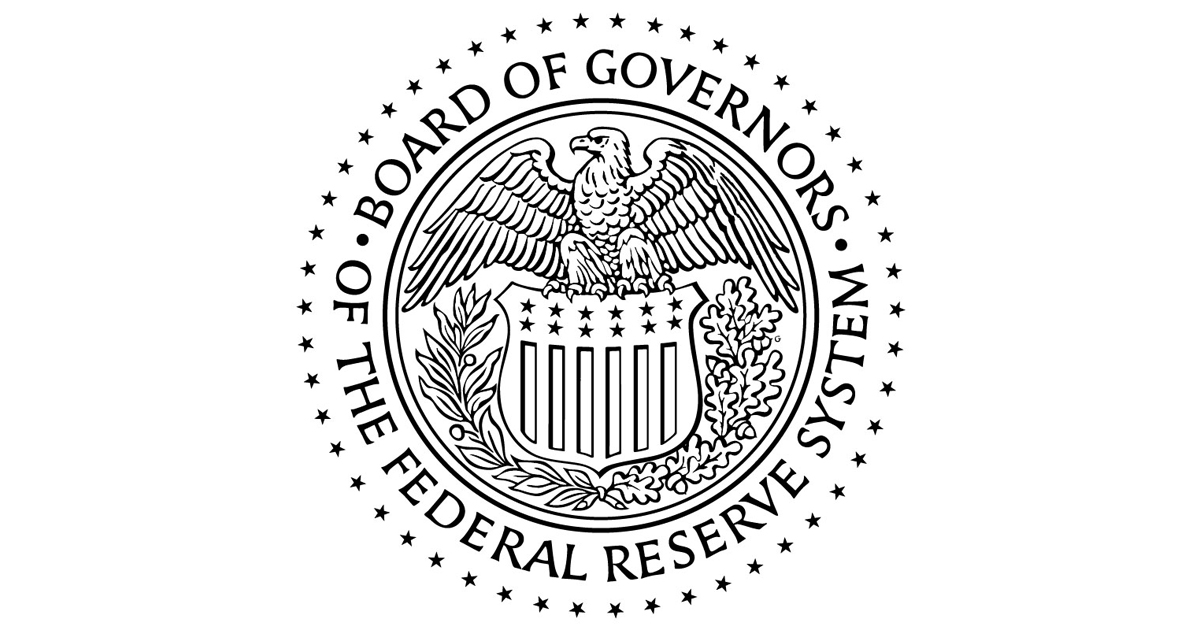Cigarlover
Yellow Jacket
- Messages
- 1,679
- Reaction score
- 1,937
- Points
- 283
I wish he would have raised rates another .5. The real rate of inflation is between 8 and 10% according to shadow stats. Powell should be aggressively raising rates up to at least 8%. Yes this will kill real estate and employment for the short term but real estate is way over valued as are most US produced goods. A serious recession or even depression is severely needed right now to get rid of these bubbles in everything.Quarter point rate cut with 2 more coming this year.



